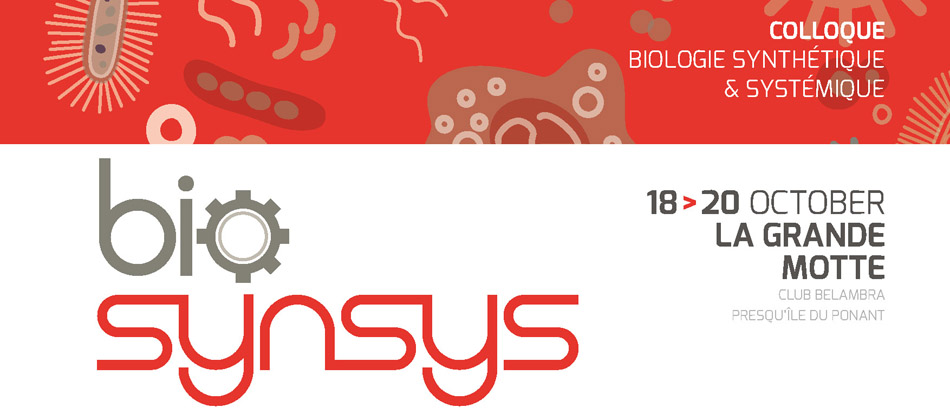Bioinformatics and microfluidics provide useful tools for answering complex biological questions. On the one hand, bioinformatics allows us to design, model and simulate biological processes, resulting in the reduction of experimental tests. On the other hand, microfluidics provides miniaturization, automatization and portability, diminishing the required amount of samples and reagents. Together, they provide ways to create non-expensive devices which could be used in personalized medicine and provide new ways to probe, monitor and interface human physiopathology. In this work, we have applied engineering principles to design and build an artificial biological system, clinically compliant, that we have applied to Type 2 Diabetes Mellitus (T2DM) early diagnosis. Using two original softwares, we have constructed a synthetic biochemical network and created algorithms decision rules based on medical needs. To allow automatization and miniaturization of the process we have also conceived and produced microfluidic devices capable of producing highly stable and homogeneous double emulsion vesicles containing our biochemical networks. The diagnosis test-containing liposomes were used in biological samples (i.e. urine) and were capable of detecting T2DM early biomarkers, which could help medical decision. Thus, our methods based on a synthetic biology pipeline take advantage of both bioinformatics and microfluidic approaches, which enable simplified and efficient design of next generation devices for testing of human complex diseases.

 PDF version
PDF version
